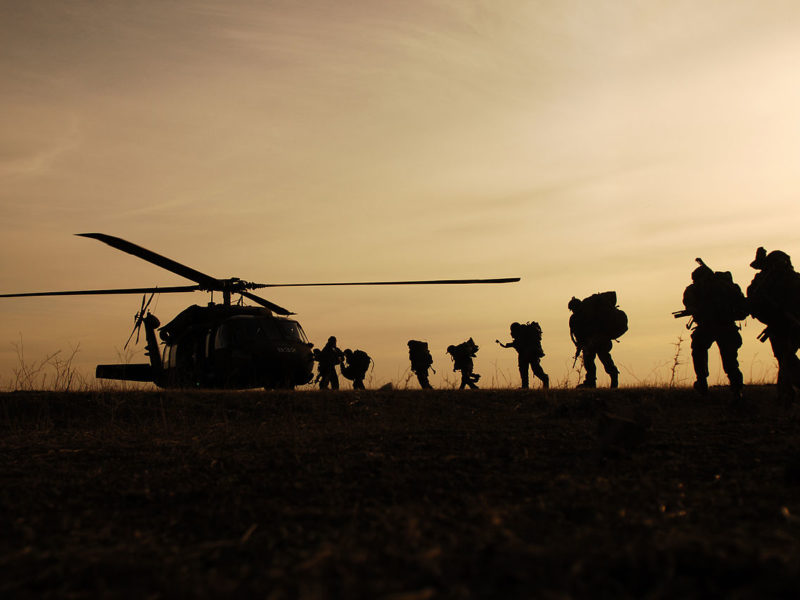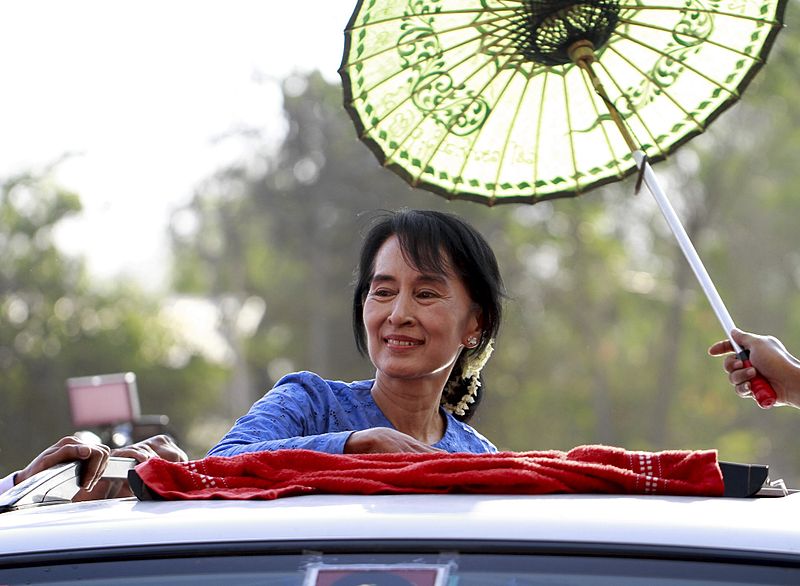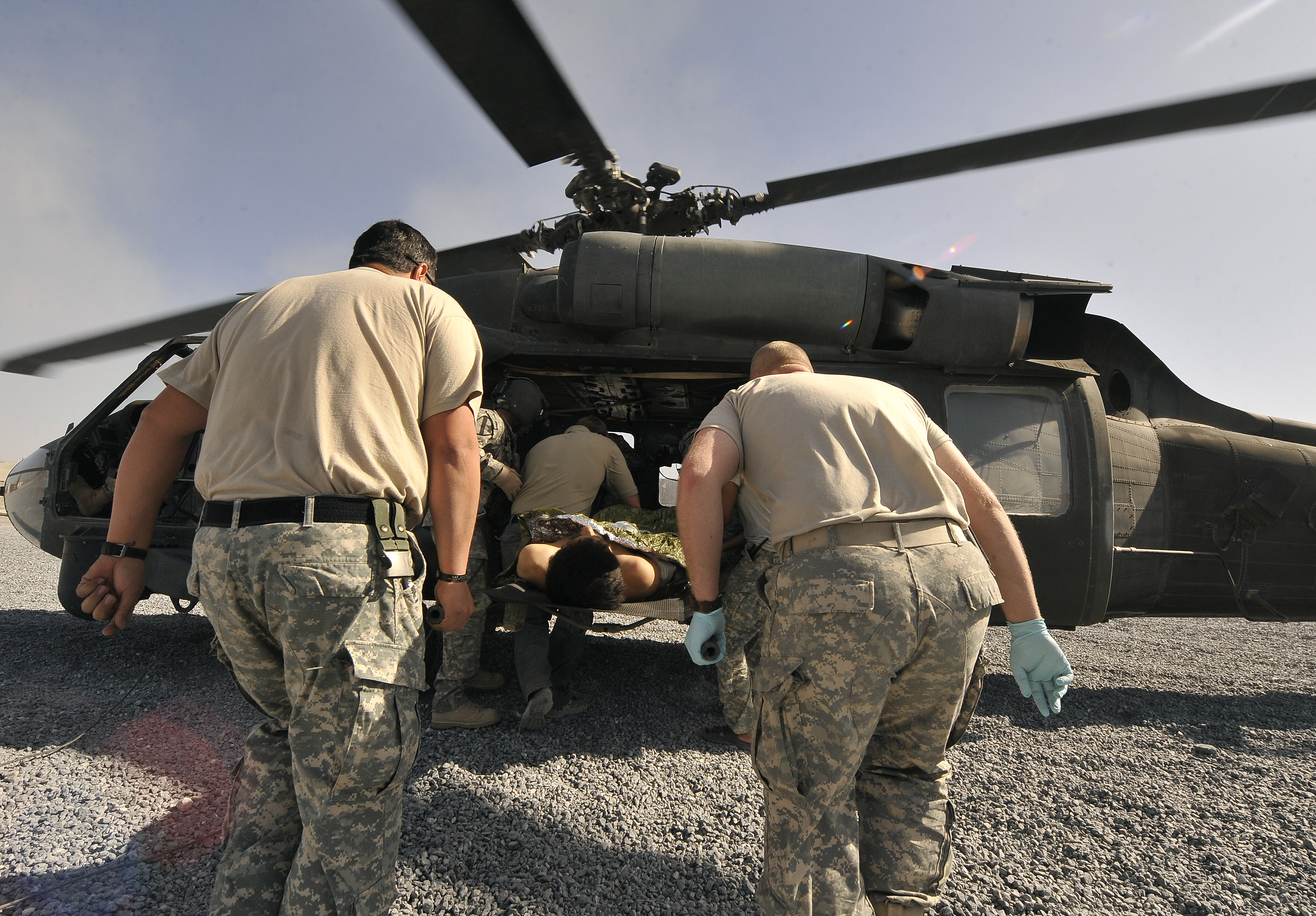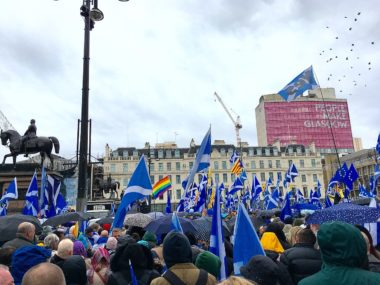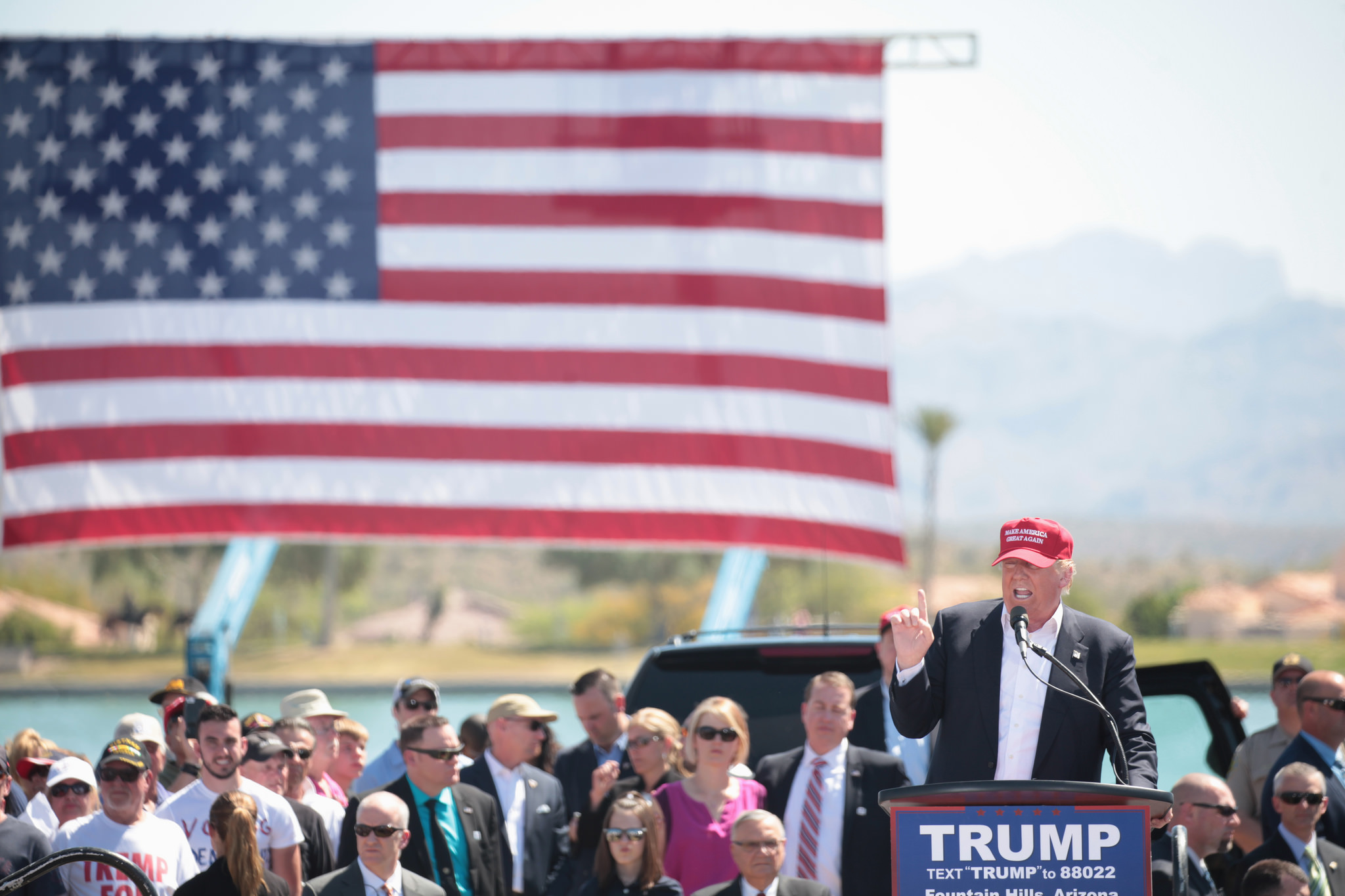By Rebecca Best, Jessica Blankshain, and Debra Leiter
Since February 24, Israel Defense Force (IDF) reservists have joined popular protests against efforts by Israel’s far-right coalition’s efforts to weaken judicial independence. The effort, supported by Prime Minister Benyamin Netanyahu, would allow the Knesset to overturn judicial decisions and require a judicial supermajority to overturn government action. It is the latest in a string of moves that some fear are eroding Israel’s democracy.
With reservists refusing or threatening to refuse to report for duty if the legislation passes, Defense Minister Yoav Gallant called on the government to freeze the legislation. He was summarily fired. Gallant has not yet left office, saying he was never formally dismissed, and Netanyahu has paused deliberation over the legislation.
Ruptures between the military and the political establishment raise three broad questions with implications for Israel and other democracies whose militaries are increasingly pulled into politics:
Why did the coalition between the IDF and Israel’s right-wing break down—and is it part of a larger trend?
In Israel, political parties on both the right and left have historically prioritized defense. But anger over the Labor party-led Oslo Peace Accords and changes in personnel and policy positions of left-leaning parties have allowed conservative parties to dominate on military and defense issues in recent decades.
Yet the push for judicial overhaul seems to be fracturing the alliance between the IDF and right-wingers. Not only are military leaders concerned about the weakening of democracy due to the politicization of the courts, they also worry that, if the international community no longer considers Israeli courts sufficiently independent, IDF troops could be prosecuted by the International Criminal Court if ordered to commit potential war crimes. This is particularly significant as the Court has previously blocked illegal government action.
There are some indications that the link between the political right and the military is fraying elsewhere as well. Globally, although the militaries of modern democracies are generally regarded as non-partisan, hawkish foreign policy and rising military spending have traditionally been associated with right-wing ideology and conservative parties. But this may be changing. In the United States, for example, Republicans, though generally more trusting of the military than Democrats, are losing faith in the military. This is driven in part by perceptions (stoked by conservative elites) that military leaders are too “woke,” and served as a check on Trump-era policies. In Hungary, populist right-wing leader Viktor Orbán purged the military of high-ranking leaders earlier this year, raising concerns about whether the military could defend that country’s waning democracy.
What are the civil-military implications of political action by reservists?
Concerns about the threat militaries can pose to democratic governance arise when militaries develop and pursue their own corporate interests that may be at odds with broader public interest, or when they attain enough political power to effectively exercise a veto over civilian policymakers. This is more likely with full-time professional soldiers, as opposed to “citizen-soldiers” who retain a civilian identity, such as part-time reservists and short-term conscripts. In the United States, for example, reservists have fewer limits on their political expression than active-duty servicemembers, with some even holding political office.
Israel’s compulsory military service and the political predominance of defense issues contribute to a norm of politically engaged citizen-soldiers, whose interests are largely seen as aligned with the population at large. Yet, as the share of the population reporting for mandatory reserve duty falls, from 34 percent in 2013 to about 4 percent today, Israel is increasingly dependent on those who remain, increasing their political clout. As in recent US elections in which veterans have endorsed or opposed candidates, IDF veterans spoke out against the new government as it came into office late last year, sparking fears that the military is being politicized. Now, the IDF reserve protests have reached a scale that threatens the government’s ability to carry out military policy. The role of the Minister of Defense is explicitly political, yet Gallant opposed the judicial overhaul because he said that the resulting protests—among reservists—threatened Israel’s national security.
Is there a role for the military in preserving democracy, in a world where democracy is increasingly in peril?
The paradox of militaries is that they defend the state against threats, while potentially posing a threat to democracy. While democracy is inherently messy, militaries are hierarchical and authoritarian. Militaries that do not defer to civilian authorities are significantly more likely to violently intervene when they disapprove of government action. Militaries must accept that civilian democratic leadership has a “right to be wrong” in its policymaking—even if it governs poorly at times.
But what if the civilian government is “wrong” in ways that use legal means to undermine democracy, as opponents of Netanyahu’s judicial overhaul fear? Asking the military to intervene risks establishing the military, rather than elected officials or the civilian public, as the arbiters of what is right. Turkey’s military justified three periods of military rule as necessary to protect democracy, but the civilian government was suspended and civilian leaders were hampered by public fears of military overreach. Promissory Coups, framed as temporary interventions to protect democracy, in Thailand, Honduras, Mali, and Fiji all led to either a dramatic, multi-year suspension of democracy or to the delegitimization of elected officials as military puppets.
Yet civil-military norms in some democracies seem to be shifting such that publics expect the military to hold civilian leaders accountable rather than the reverse. In 2019 in the United States, while Democrats trusted the military less than Republicans, they also wanted the military to constrain then-president Trump. Former General Petr Pavel portrayed himself as a pro-democracy advocate during his successful campaign for president of the Czech Republic. When President Pedro Castillo of Peru was impeached and removed by Congress following his attempted power grab in 2022, the military made clear statements that they would uphold the constitution and rallied behind new president Dina Boluarte. The protests and accusations of illegitimacy that followed this military intervention show the challenge of these kinds of interventions. As democratic erosion increases, the military faces the bind of responding to elites’ weakening democratic principles in a way that might itself pose a threat to the democratic order. This is the unenviable position the IDF finds itself in—not only do 71 percent of Israelis now believe that reservists have the power to influence policy, 29 percent hold that reservists should be allowed to refuse to report for operational duty. And recent missile strikes suggest that other regional actors may be taking advantage of this moment of division.
Rebecca Best is an associate professor of political science at the University of Missouri – Kansas City. Jessica Blankshain is an associate professor of National Security Affairs at the US Naval War College. All views expressed are her own and do not represent the views of the Naval War College, Department of the Navy, or US Government. Debra Leiter is an associate professor of political science at the University of Missouri – Kansas City.

